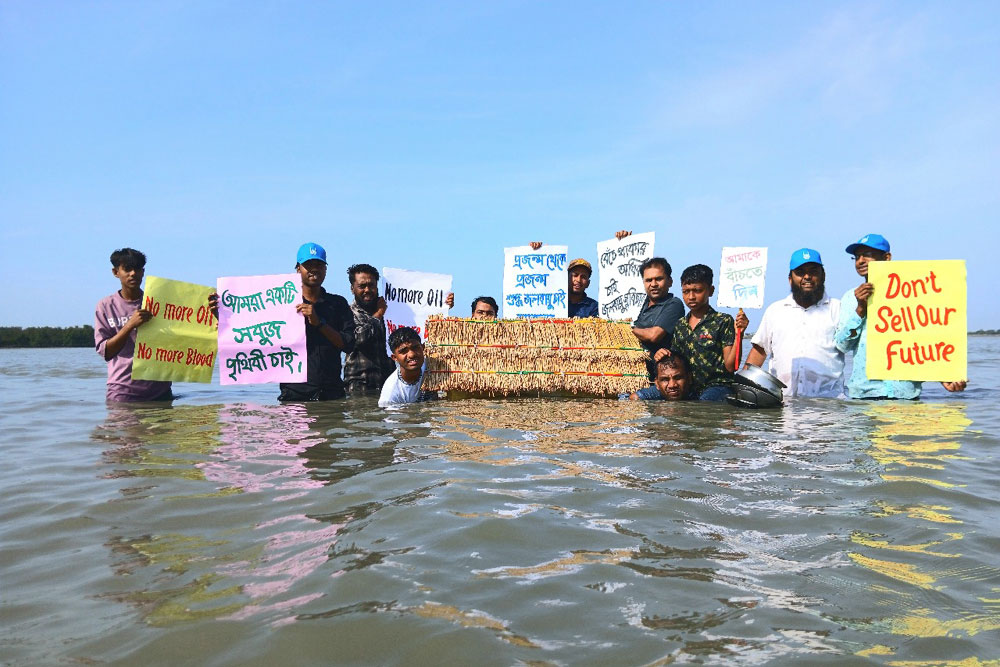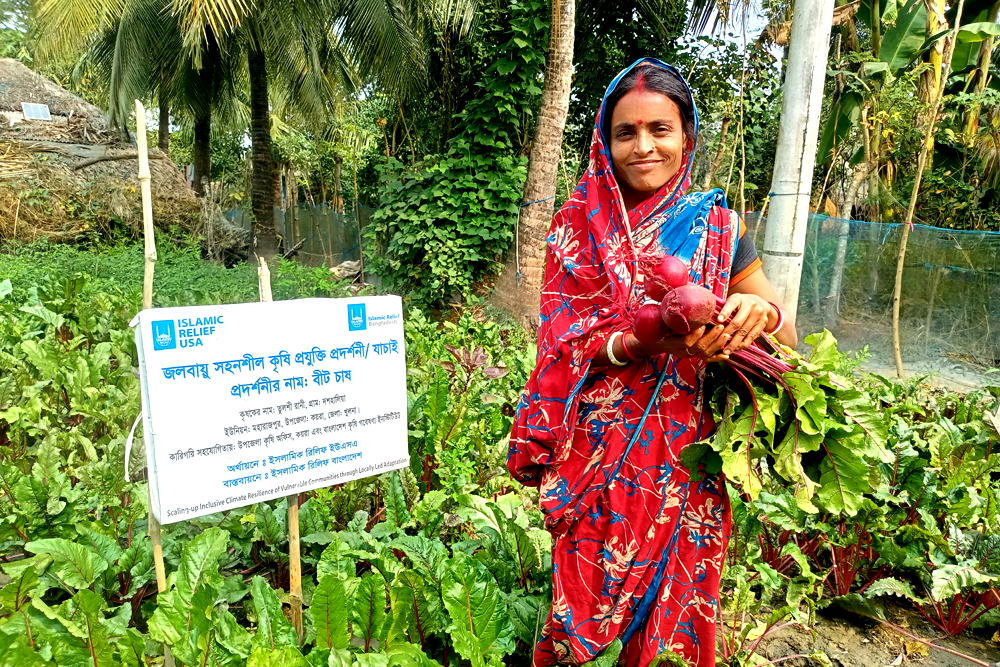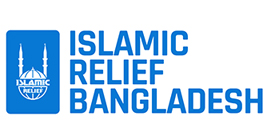Climate Change Adaptation and Disaster Resilience


Islamic Relief Bangladesh (IRB) has been working to address the climate change impacts and disaster risks since 2011. IRB directly supports marginalised and at-risk communities through inclusive, locally led, and innovative approaches for adaptation in agriculture and resilient livelihoods, impact-based early warning systems for all, nature-based solutions, ecosystem-based solutions, shocks and stresses in urban areas and mobilization of climate and disaster risk finance. The Climate Change Adaptation and Disaster Resilience (CCA&DR) programme aligns with national laws, policies, plans, priorities; regional instruments and global frameworks, including the Sustainable Development Goals (SDGs), the Sendai Framework for Disaster Risk Reduction, and the Paris Agreement. It focuses on the empowerment of youth, women, persons with disability, elderly, ethnic minority people, occupational groups of the most at-risk and disadvantaged families and communities. Under the IRB strategy 2023–2027, we aim to enhance resilience of communities by delivering impactful, evidence-based interventions that respond to current needs while preparing for future risks from climate change and disaster. Through innovation, inclusivity, and strategic partnerships, we continue to serve as a model for resilience programming in Bangladesh and beyond.
Key Focus Areas
- Community Resilience: Empowering communities to adapt with the climate-induced shocks and stresses through localised solutions.
- Climate-Responsive Livelihoods: Promoting food security and economic stability through climate/environment friendly adaptive agriculture and income activities.
- Forecast-Based Action: Reducing disaster risks through proactive, data-driven preparedness measures following real time weather forecast.
- Nature-Based Solutions: Restoration and conservation of the ecosystems to enhance long-term resilience.
- Climate and Disaster Risk Financing: Promote equity and equality in Climate and Disaster Risk Financing for the at-risk people, ensuring fair access to climate funds like the Green Climate Fund (GCF).
- Climate Justice: Ensure fair and equitable access of at-risk communities to resources and decision-making opportunities for climate action.
- Partnerships and Collaboration: Amplifying impact of IRB work through collaboration and knowledge sharing.
